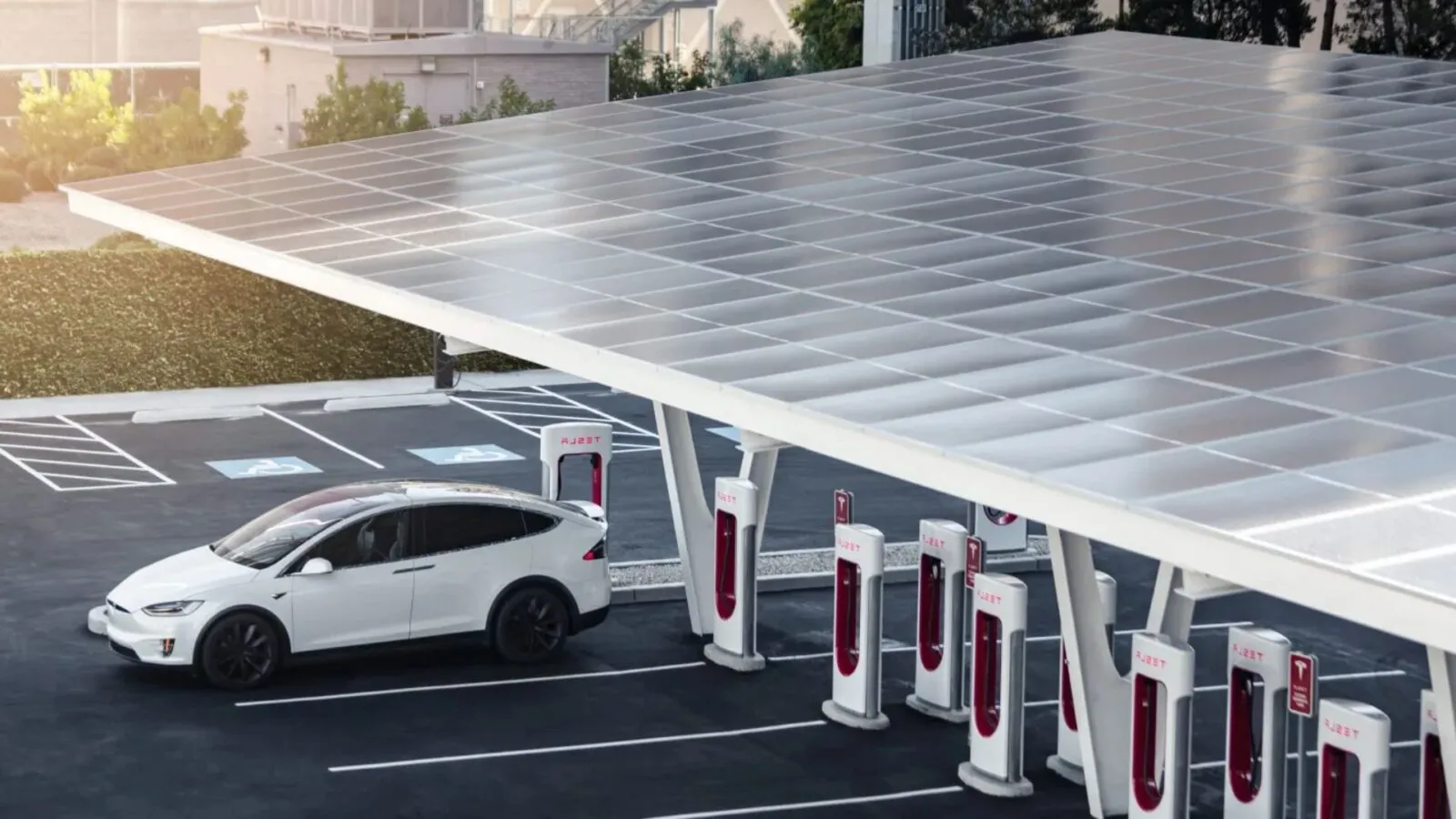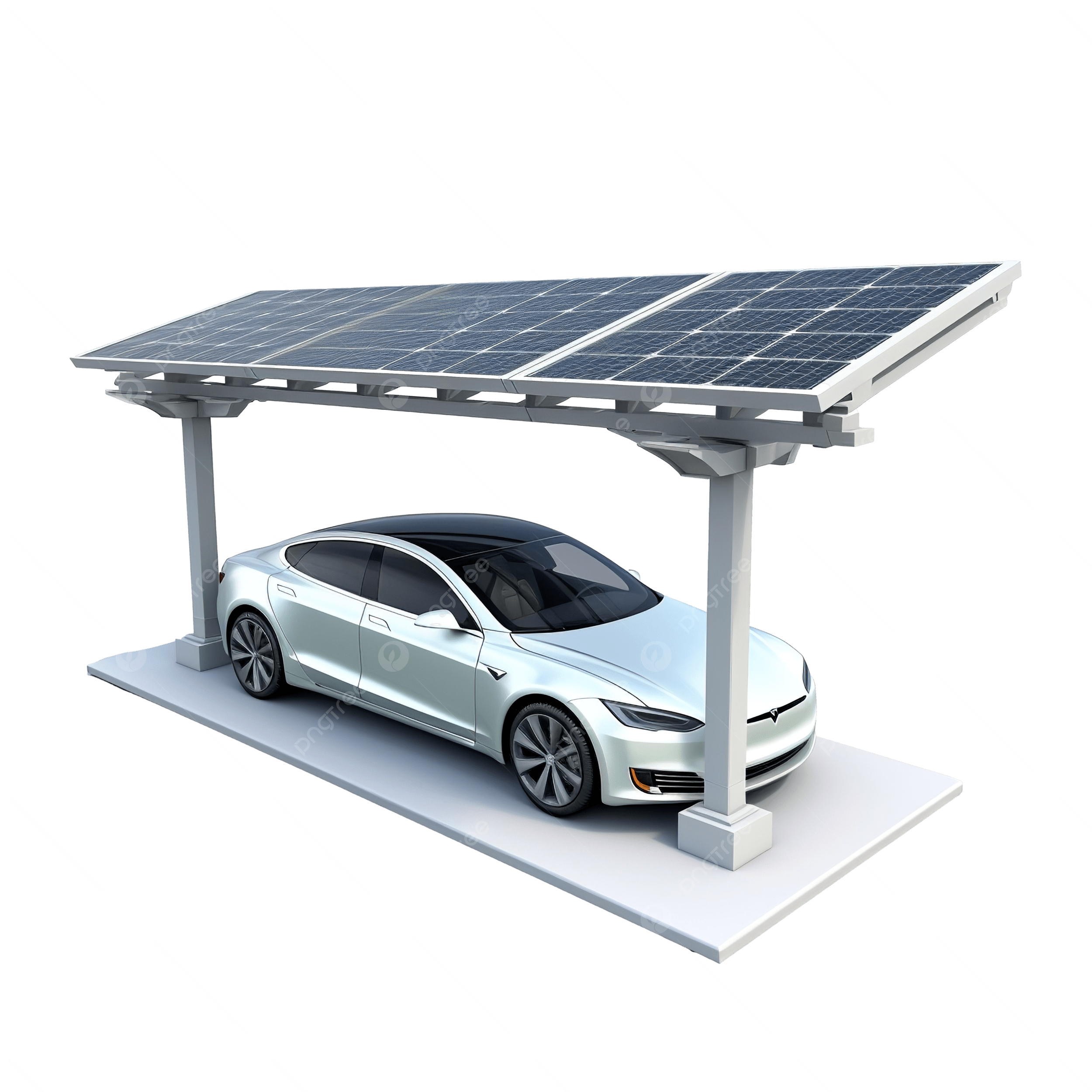The electric vehicle (EV) revolution is accelerating across the globe — and with it comes a growing demand for clean, sustainable energy. While EVs eliminate tailpipe emissions, their true environmental impact depends heavily on how the electricity that powers them is generated. This is where solar energy steps in as a game-changer.
The electric vehicle (EV) revolution is accelerating across the globe — and with it comes a growing demand for clean, sustainable energy. While EVs eliminate tailpipe emissions, their true environmental impact depends heavily on how the electricity that powers them is generated. This is where solar energy steps in as a game-changer.


The next 10 years will be pivotal for solar energy. As technology, policy, and global awareness converge, solar is poised to become the backbone of a sustainable energy system worldwide. Whether you're an investor, homeowner, business owner, or policymaker, keeping an eye on these trends can help you stay ahead — and be part of the global shift toward a cleaner, smarter energy future.
Traditional electricity from the grid can be costly, especially with fluctuating fuel prices. Solar energy allows homeowners and businesses to generate their own power, drastically cutting the cost of EV charging.
EVs charged by coal or gas-based electricity aren't truly "green." Solar ensures that the energy used is emission-free, reducing the EV's total carbon footprint.
Solar panels, combined with home battery storage (like Tesla Powerwall), allow users to store excess solar energy during the day and charge their EVs at night — completely off-grid.
Many companies are investing in solar-powered EV charging stations. These setups use solar carports and grid-tied systems to offer:
Governments and private players are also rolling out solar-integrated infrastructure in highways and public charging stations.
Several automakers are exploring vehicles with solar roof panels that can extend range or power internal systems. While still in early stages, companies like Lightyear, Aptera, and Hyundai are pushing this technology forward.
Switching to solar-powered EV charging means:
It’s not just about transportation — it's about creating a cleaner, more sustainable future.
These trends point toward a solar-powered EV boom, where homes, businesses, and cities all generate their own clean energy for transportation.